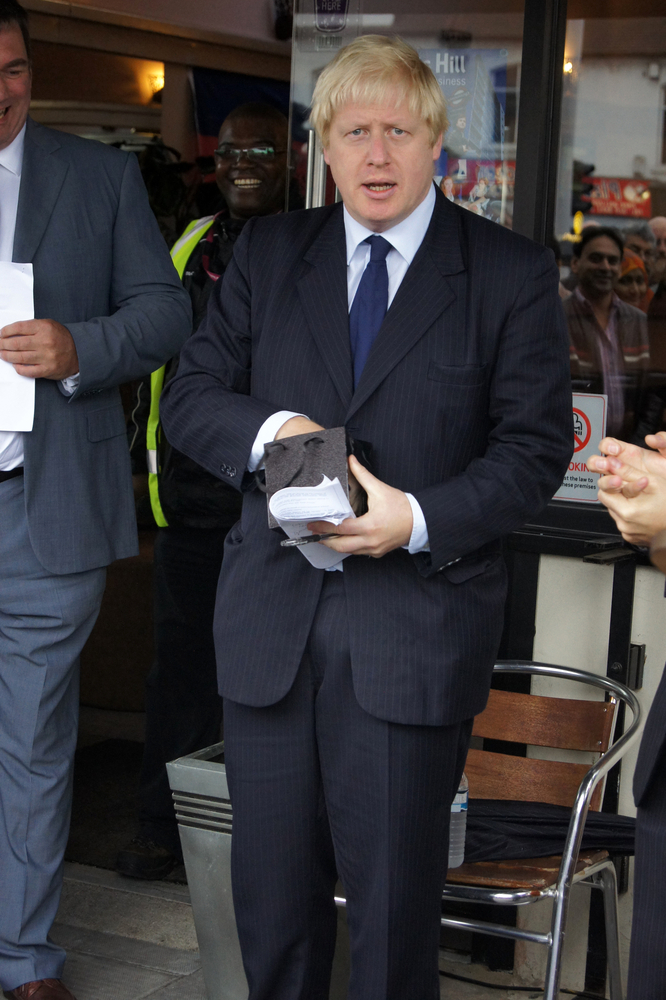Whilst the rest of the world is watching the football in Brazil, entrepreneurs, geeks and businesses alike will hopefully be switching off the television and focusing on London Technology Week 2014.
With over 200 events and in excess of 30,000 people expected to descend on the capital, London will see itself further ensconced in its aim to be the digital capital of Europe.
More on London Technology Week:
- London tech scene still needs more risk capital
- What to see at London Technology Week 2014
- Tech entrepreneurial spirit in London is thriving
- Five tech ventures leading the charge in the capital
In 2010, prime minister David Cameron and London mayor Boris Johnson announced their objective to turn London into a leading centre for technology rivalled only by Silicon Valley. This ambitious plan has seen a substantial transformation and build of technology businesses especially within the city boundaries of Old Street to the Olympic Park.
There is no one single overriding reason why London is emerging as a technology centre. It is clear that a number of elements including commitment, geography, tax benefits and a fairly benign legal system have all come together to act as a catalyst to make London and other parts of the UK an attractive area for technology to develop.
Before assessing the legal framework that technology companies are able to operate in it is important to understand the more fundamental building blocks that make the UK and London so attractive to technology companies.
Firstly, the UK is ideally placed in terms of geography and time zone to attract businesses to operate in the UK. Easy access to major airports and European, American and Asian markets have also made the capital a prime place in which to invest and the eventual completion of Cross Rail will further enhance this.
The investment market is growing in the UK with a number of venture capital and grant funding now available to businesses in order to encourage investment. Furthermore, the consumer market in the UK has always been buoyant and the thirst for the latest technology makes the UK both in terms of development and sales very attractive.
Helpful framework
In addition to the above, our legal and tax structure have further helped develop the UK market. Tax efficient schemes such as the introduction of Patent Box which sees a 10 per cent tax on profit made from incorporated patents, tax incentive investments such as the Seed Enterprise Investment Scheme (SEIS), which provides tax relief for investments in qualifying start-ups, and the Enterprise Investment Scheme (EIS), which provides relief for private tax investors on larger investments, are all designed to encourage third parties to look and invest in start-up technology businesses.
Furthermore, the government and banking institutions have introduced a number of investment and support schemes such as the Business Growth Fund, which offers long-term capital, and the Enterprise Finance Guarantee, which provides a guarantee on certain loans. All of this gives businesses in the UK a number of opportunities to maximise investment and development in a tax-efficient manner.
From a pure legal perspective, despite the constant negative comments about the amount of legislative red tape facing business in the UK, the position is not as bad as it sometimes seems.
The government have introduced changes to employment law so as to encourage key individuals to work in the UK. Data protection laws, whilst often appearing archaic, provide a strong platform to encourage consumers that their data will be managed in a controlled and secure manner. In addition to the above, our common law system is much more aligned to the US and parts of Asia which provides greater synergy for external investment.
All of the above makes the UK and in particular London the ideal place for business and technology growth. However, despite all of the positives it is important that we continue to develop and encourage business within and into the UK.
Technology continues to grow at a rapid rate and business innovation and both consumer and business appetite for it are imperative to maximising opportunity. Both the tax and legislative framework need to continue to adapt to the changing environment if we are to build on the positives we have seen so far.
Hopefully this week will see a great result for the city as it continues to promote its leading position in technology and a great result for the football in Brazil as we recover from the weekend’s disappointment.






